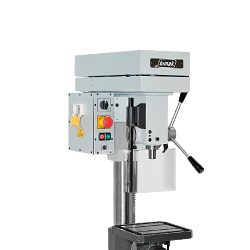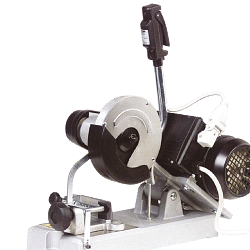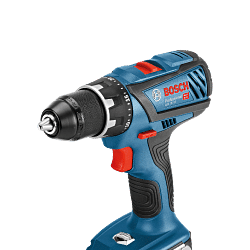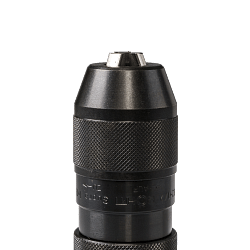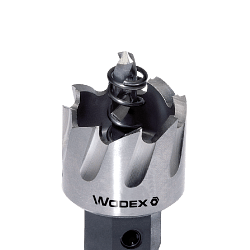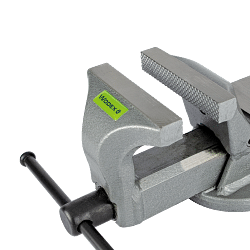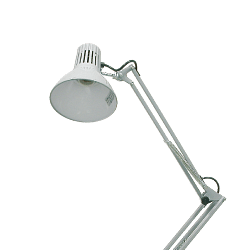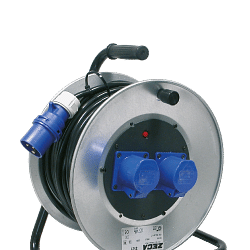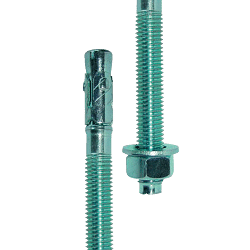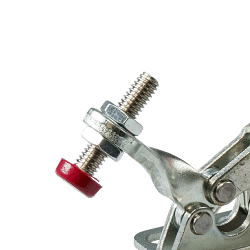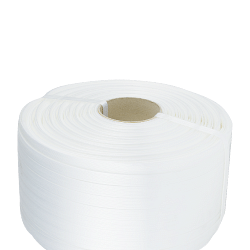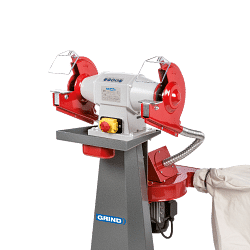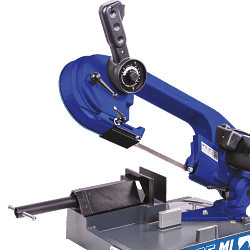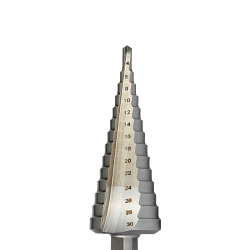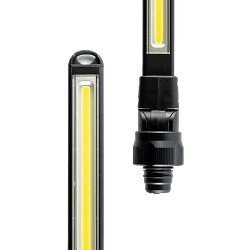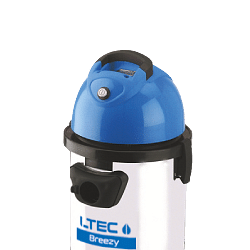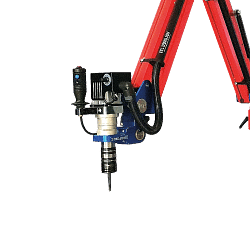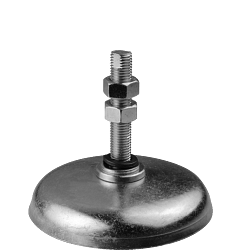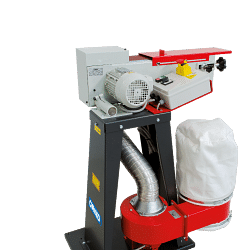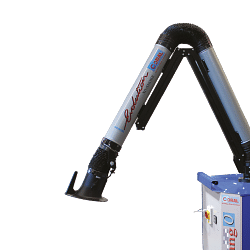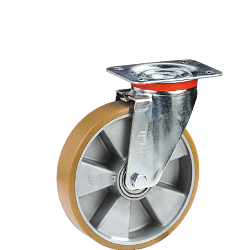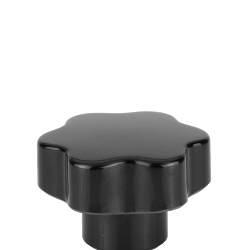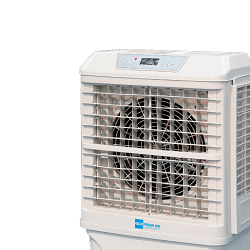Register and use the discount code NEWWELCOME to get 10% off on your first purchase. GET DISCOUNT.
Register and use the discount code NEWWELCOME to get 10% off on your first purchase. GET DISCOUNT.
Register and use the discount code NEWWELCOME to get 10% off on your first purchase. GET DISCOUNT.
Free shipping in 24h from 200€
Catalogues
Customer service
How can we help you?
- Faq
- Customer service
02.927371
- Supporting big orders
02.38298620
-
info@linkindustrialtools.it
- Request assistance with form
Or contact us with the chat in the lower right corner
< Workshop equipment
- Home
- Workshop equipment
- Bench grinders
Bench grinders
Bench grinders are essential tools in machine shops, designed to offer precision and efficiency in the metalworking process. These devices, also known as bench grinders, are used to sharpen, grind and shape metal materials, making them indispensable for a wide range of industrial applications. In this in-depth review, we will explore the features, applications and benefits of bench grinders, providing a comprehensive guide to their optimal use.
Features of bench grinders
Bench grinders consist of an electric motor that drives one or more abrasive wheels. These wheels, available in different sizes and grits, are mounted on a rotating shaft and can be changed according to the specific requirements of the job. The robust and stable construction of the bench grinders allows for precision work, minimising vibrations and ensuring optimal control during operation.
One of the distinguishing features of bench grinders is their versatility. They can be used for a variety of operations, including sharpening tools, removing burrs, cleaning metal surfaces and preparing parts for welding. The ability to adjust the rotation speed of the abrasive wheels allows the machine to be adapted to different materials and applications, improving efficiency and quality of work.
Applications of bench grinders in machine shops
In machine shops, bench grinders are indispensable tools for the maintenance and repair of metal equipment and components. One of the most common applications is the sharpening of cutting tools, such as drill bits, chisels and blades. A well-sharpened tool not only improves the precision of work, but also reduces wear and the risk of damage.
Bench grinders are also used for removing burrs and imperfections from machined parts. This process, known as deburring, is essential to ensure that metal components are free of sharp edges and ready for assembly or finishing. In addition, bench grinders can be used to clean metal surfaces, removing rust, paint or other unwanted coatings.
Advantages of bench grinders
The use of bench grinders offers numerous advantages, making them a preferred choice in machine shops. One of the main advantages is precision. Thanks to their stable construction and adjustable speed, bench grinders enable precise machining, minimising errors and improving the quality of the end product.
Another significant advantage is efficiency. Bench grinders enable rapid grinding, sanding and cleaning operations, reducing machining time and increasing productivity. Furthermore, the possibility of using different abrasive wheels allows the machine to be adapted to a wide range of materials and applications, making it a versatile and multifunctional tool.
Safe use of bench grinders
Although bench grinders are extremely useful tools, it is essential to use them safely to prevent accidents and injuries. Before starting any operation, it is important to wear personal protective equipment, such as safety goggles, gloves and hearing protection. In addition, it is essential to ensure that the grinder is properly secured to the workbench and that the abrasive wheels are in good condition and properly fitted.
During use, it is important to maintain a firm grip on the workpiece and apply even pressure to prevent the workpiece from being ejected from the machine. It is also advisable to avoid using the grinder for prolonged periods without a break, to prevent the motor and abrasive wheels from overheating.
Frequently asked questions about bench grinders
1. What are the standard dimensions of abrasive wheels for bench grinders?
Abrasive wheels for bench grinders are available in various sizes, with diameters generally ranging from 150 mm to 200 mm. The choice of size depends on the specific application and the type of material to be processed.
2. How do I choose the right grit for an abrasive wheel?
The grit size of the abrasive wheel determines the finish of the machined surface. Coarser grits (e.g. 24-36) are ideal for quick material removal, while finer grits (e.g. 80-120) are used for finishing and polishing.
3. Can a bench grinder be used for non-metallic materials?
Yes, bench grinders can be used to process non-metallic materials, such as plastic and wood, provided they are equipped with the appropriate abrasive wheels for the specific material.
4. What are the wear signals of an abrasive wheel?
Signs of wear on an abrasive wheel include a reduction in diameter, cracks or chipping and a decrease in cutting efficiency. It is important to replace worn wheels to ensure the safety and efficiency of the grinder.
5. How is a bench grinder maintained?
Maintenance of a bench grinder includes regular cleaning of the machine, checking the condition of the grinding wheels and bearings, and checking electrical connections. It is also advisable to periodically lubricate the moving parts to ensure smooth operation and prolong the life of the machine.
In conclusion, bench grinders are a valuable investment for machine shops, offering precision, efficiency and versatility in a wide range of applications. With proper abrasive wheel selection and safe use, these tools can significantly improve the quality and productivity of work, contributing to the overall success of the workshop.
Read More Read LessFeatures of bench grinders
Bench grinders consist of an electric motor that drives one or more abrasive wheels. These wheels, available in different sizes and grits, are mounted on a rotating shaft and can be changed according to the specific requirements of the job. The robust and stable construction of the bench grinders allows for precision work, minimising vibrations and ensuring optimal control during operation.
One of the distinguishing features of bench grinders is their versatility. They can be used for a variety of operations, including sharpening tools, removing burrs, cleaning metal surfaces and preparing parts for welding. The ability to adjust the rotation speed of the abrasive wheels allows the machine to be adapted to different materials and applications, improving efficiency and quality of work.
Applications of bench grinders in machine shops
In machine shops, bench grinders are indispensable tools for the maintenance and repair of metal equipment and components. One of the most common applications is the sharpening of cutting tools, such as drill bits, chisels and blades. A well-sharpened tool not only improves the precision of work, but also reduces wear and the risk of damage.
Bench grinders are also used for removing burrs and imperfections from machined parts. This process, known as deburring, is essential to ensure that metal components are free of sharp edges and ready for assembly or finishing. In addition, bench grinders can be used to clean metal surfaces, removing rust, paint or other unwanted coatings.
Advantages of bench grinders
The use of bench grinders offers numerous advantages, making them a preferred choice in machine shops. One of the main advantages is precision. Thanks to their stable construction and adjustable speed, bench grinders enable precise machining, minimising errors and improving the quality of the end product.
Another significant advantage is efficiency. Bench grinders enable rapid grinding, sanding and cleaning operations, reducing machining time and increasing productivity. Furthermore, the possibility of using different abrasive wheels allows the machine to be adapted to a wide range of materials and applications, making it a versatile and multifunctional tool.
Safe use of bench grinders
Although bench grinders are extremely useful tools, it is essential to use them safely to prevent accidents and injuries. Before starting any operation, it is important to wear personal protective equipment, such as safety goggles, gloves and hearing protection. In addition, it is essential to ensure that the grinder is properly secured to the workbench and that the abrasive wheels are in good condition and properly fitted.
During use, it is important to maintain a firm grip on the workpiece and apply even pressure to prevent the workpiece from being ejected from the machine. It is also advisable to avoid using the grinder for prolonged periods without a break, to prevent the motor and abrasive wheels from overheating.
Frequently asked questions about bench grinders
1. What are the standard dimensions of abrasive wheels for bench grinders?
Abrasive wheels for bench grinders are available in various sizes, with diameters generally ranging from 150 mm to 200 mm. The choice of size depends on the specific application and the type of material to be processed.
2. How do I choose the right grit for an abrasive wheel?
The grit size of the abrasive wheel determines the finish of the machined surface. Coarser grits (e.g. 24-36) are ideal for quick material removal, while finer grits (e.g. 80-120) are used for finishing and polishing.
3. Can a bench grinder be used for non-metallic materials?
Yes, bench grinders can be used to process non-metallic materials, such as plastic and wood, provided they are equipped with the appropriate abrasive wheels for the specific material.
4. What are the wear signals of an abrasive wheel?
Signs of wear on an abrasive wheel include a reduction in diameter, cracks or chipping and a decrease in cutting efficiency. It is important to replace worn wheels to ensure the safety and efficiency of the grinder.
5. How is a bench grinder maintained?
Maintenance of a bench grinder includes regular cleaning of the machine, checking the condition of the grinding wheels and bearings, and checking electrical connections. It is also advisable to periodically lubricate the moving parts to ensure smooth operation and prolong the life of the machine.
In conclusion, bench grinders are a valuable investment for machine shops, offering precision, efficiency and versatility in a wide range of applications. With proper abrasive wheel selection and safe use, these tools can significantly improve the quality and productivity of work, contributing to the overall success of the workshop.


